Can machines become more like us? That’s a question people have been asking ever since the first robot stories appeared in science fiction. But now, we’re living in a world where AI created human characteristics aren’t just theory—they’re becoming reality. Let’s break this down into simple, bite-sized insights.
What Does “AI Created Human” Mean?
The phrase “AI created human” refers to AI systems or machines that mimic human thinking, behavior, creativity, and communication. It doesn’t mean AI is literally building people, but it does mean machines are learning to “act” and “think” more like us.

The Rise of Human-Like AI
From Rule-Based Bots to Smart AI
Back in the day, chatbots could only answer simple questions. But now, with machine learning and neural networks, AI can:
- Write poems
- Design images
- Hold conversations
- Make decisions like humans
And yes, this includes generating human-like text, art, and speech. We’re inching closer to AI created human interactions.
Why It Feels So Real
Modern AI is trained on billions of data points from real human behavior. That means:
- It talks like us.
- It thinks (in patterns) like us.
- It even learns from mistakes like we do.
This is why people sometimes can’t tell if they’re chatting with a bot or a real person.
AI in Creative Fields
AI Writers and Artists
AI-generated novels, songs, and paintings are already out in the wild. Tools like ChatGPT, Midjourney, and DALL·E are reshaping creative industries.
But here’s the twist: The content looks human-made. That’s the real magic behind ai created human abilities—machines expressing human-like creativity.
AI in Movies and Games
Characters in video games and animated films are becoming more lifelike, not just in looks, but in emotions and decisions. AI helps simulate realistic dialogues and emotions.
AI in Communication
From customer support to virtual assistants like Siri or Alexa, AI now speaks fluently, remembers preferences, and adapts to your tone. That’s not just automation—it’s personalization, which is very human.

The Ethics of AI Created Human Abilities
Where Do We Draw the Line?
Should AI pretend to be human? Some argue it’s misleading. Others see it as a tool. But the conversation is heating up.
Key concerns include:
- Misinformation (AI faking humans)
- Loss of human jobs
- Emotional manipulation
Regulating AI Development
To address these issues, many tech leaders call for transparency and clear boundaries—especially when AI can mimic human identity.
How AI Created Human Behavior Through Data
AI doesn’t invent things from scratch. It learns from us—our:
- Language
- Social media posts
- Videos
- Emotions in reviews and texts
This means we are indirectly teaching AI how to be human.

Can AI Truly Become Human?
The Case For It
Some researchers believe that with enough data, AI might eventually pass as human in every way. Things like emotional intelligence, empathy simulation, and moral reasoning are already being tested.
The Case Against It
Others argue that no matter how good AI gets, it lacks consciousness, soul, or self-awareness. It imitates—but it doesn’t feel.
The Human Touch Still Matters
AI might get close to being human, but it still misses the instinct, nuance, and imperfections that make us… well, us. That’s why human oversight, creativity, and emotion will always be irreplaceable.
The Future: Collaboration, Not Replacement
We don’t need to fear AI. Instead, we should focus on working with it. Imagine:
- AI assisting doctors with diagnoses
- AI helping teachers personalize lessons
- AI co-writing books with authors
This is the sweet spot where ai created human potential blends beautifully with real human genius.
AI is evolving fast. What started as simple automation is now producing work that feels truly human. From writing to art, from emotions to reasoning, the ai created human effect is undeniable. But no matter how close machines get, there’s still something special about being truly human.
Let’s use AI to enhance our lives—not replace our humanity.
FAQs About The AI Created Human
What does “AI created human” really mean?
It refers to AI systems designed to mimic or replicate human-like thinking, behavior, and creativity.
Can AI become fully human?
AI can simulate human actions and emotions, but it doesn’t have consciousness, feelings, or real understanding.
Is AI replacing humans?
Not entirely. AI is more about support and enhancement. Most experts see it as a tool, not a replacement.
Why does AI-generated content feel so real?
Because it’s trained on massive datasets that include human speech, writing, behavior, and preferences.
Should we be worried about AI becoming too human-like?
It depends. Regulation and ethical use are key to preventing misuse, but responsible AI can be a powerful ally.

Купить Haval – только у нас вы найдете цены ниже рынка. Быстрей всего сделать заказ на haval цены 2025 можно только у нас!
[url=https://havalmsk1.ru]новый хавейл 2025[/url]
купить автомобиль хавал в москве у официального – [url=http://www.havalmsk1.ru]https://www.havalmsk1.ru[/url]
555
555